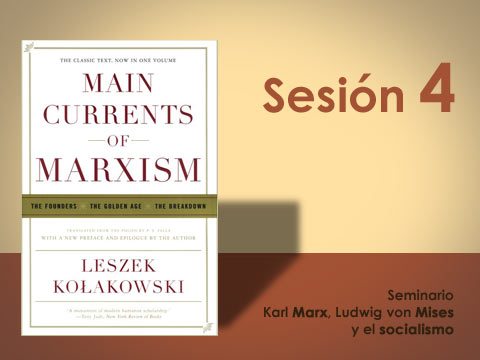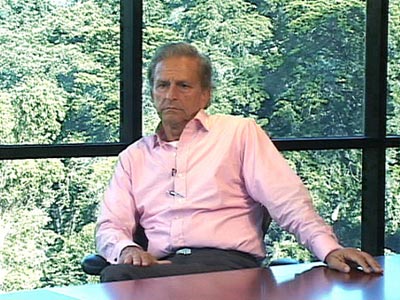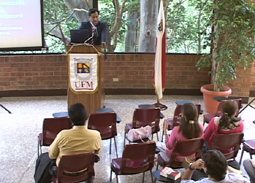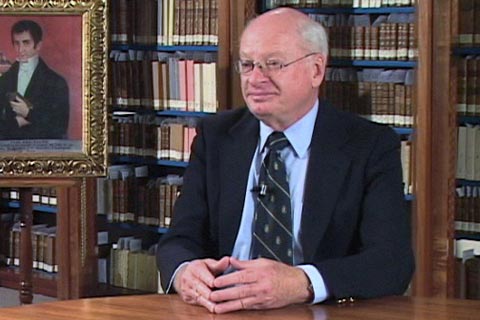About this videoBruce Benson opens his lecture with an interesting statement: Crime is a government invention. He talks about the evolution that the concept of crime has had over the years and explains that many of the offenses we know as crimes today were at one time in history treated not as offenses against the state but against the individuals. He comments on some private alternatives that are practiced in the United States to manage crime, such as insurance companies and prison work programs. He also mentions the system used in Japan, where there is a consensus between the victim and the criminal. Finally, he mentions the idea of decriminalization as an alternative solution to crime and comments on the benefits that private security has over public security. |
|
References
About the interuniversity seminars
CreditsAlternative Solutions to Crime
| |











